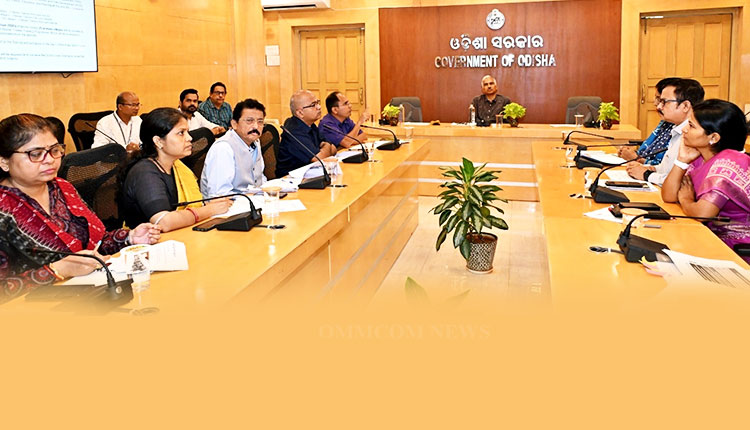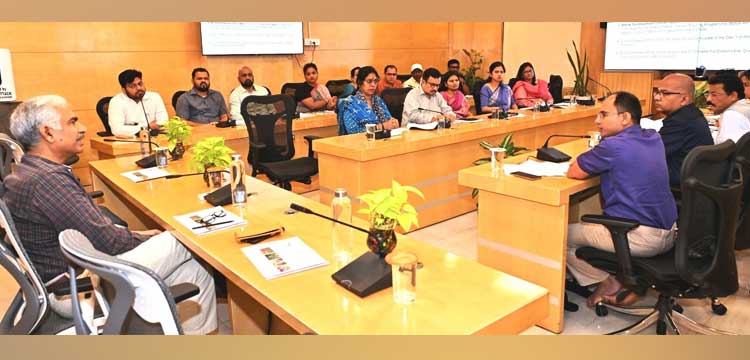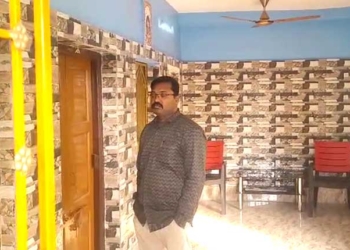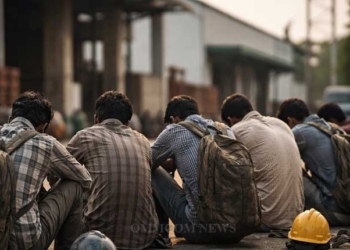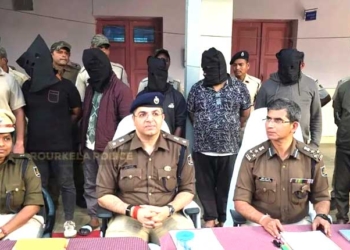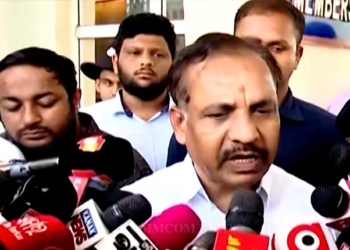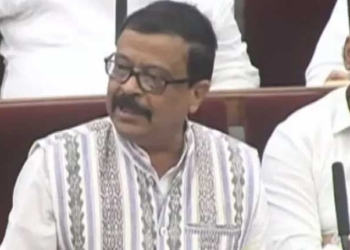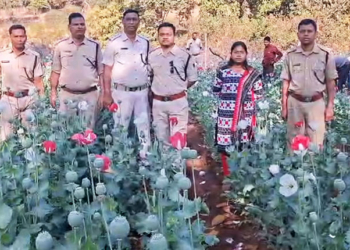Bhubaneswar: A high-level meeting was convened on Friday at Lok Seva Bhawan in Bhubaneswar under the chairmanship of Chief Secretary Manoj Ahuja to discuss the comprehensive rollout of the ‘Aadi Karmayogi Abhiyan’, a flagship initiative of the Ministry of Tribal Affairs, Government of India. The program is aimed at strengthening the delivery and impact of welfare schemes tailored for tribal communities at the grassroots level.
The meeting brought together senior officials and secretaries from various state departments to strategise on collaborative implementation and inter-departmental coordination. The ‘Aadi Karmayogi Abhiyan’ seeks to make tribal development schemes more outcome-driven and inclusive by engaging communities directly and enhancing administrative capacities.
B. Parameswaran, Commissioner-cum-Secretary of the Department of Scheduled Tribes, Scheduled Castes Development, Minorities and Backward Classes Welfare, presented an overview of the campaign’s objectives.
He highlighted the focus on ensuring effective access to essential services such as housing, roads, education, healthcare, and livelihoods through integrated government schemes.
As part of the campaign, individuals from every tribal village—representing various sectors of society—are being identified and trained to facilitate the initiative. These individuals will include government employees, teachers, doctors, Anganwadi workers, SHG members, Panchayati Raj representatives, youth volunteers, and senior local leaders. Each village will have a cadre of 20 trained individuals to act as grassroots change agents.
To support this, master trainers are being developed at the state, district, and block levels. These trainers will then build capacity at the village level by forming and guiding rural teams. Training sessions are already underway for officials of the Tribal Welfare Department and supporting agencies.
The Chief Secretary emphasised the importance of professional skill-building and knowledge dissemination to empower tribal communities effectively. He noted that coordinated efforts across departments are essential for the program’s success and called for active participation from voluntary organisations, PRIs, and local leadership.
The campaign also focuses on public awareness and participatory governance, aiming to foster stronger relationships between government functionaries and tribal populations. By encouraging the tribal community to claim their rights and entitlements, the program envisions a model of sustainable and inclusive development.
Senior officials and secretaries from key departments—including ST Development, Women and Child Development, Health and Family Welfare, Rural Development, Forest, Environment and Climate Change, School and Mass Education, Panchayati Raj, and Drinking Water—were present at the meeting.
The state government reiterated its commitment to the holistic development of tribal communities and expressed confidence in the successful implementation of the ‘Aadi Karmayogi Abhiyan’ with collaborative support from all stakeholders.




